8. Krystyna Janda (“Interrogation,” 1990, Ryszard Bugajski)

Five years after astonishing everyone with her frantic and charismatic performance in “Man of Marble,” Krystyna Janda delivered again and showed the world what an acting force she is.
This is one of those films that is hard to digest; several scenes are almost unwatchable for how brutal and real they feel, and yet, throughout the movie, many darkly humorous scenes can be found mostly in the unbroken spirit of Jandas’ lead and her silly delivery of it (and because of the incompetence of the interrogators).
While at the end she becomes a shadow (both in a figurative and literal sense) of her former self, her bravery, stubbornness and determination throughout are a move worthy of respect.
The film, made in 1982, was banned in Poland until the fall of the Iron Curtain, and in the meantime was secretly smuggled out of the country via VHS tapes by the director to receive a cult classic status in the rest of the world, all culminating in Janda winning Best Actress at the Cannes Film Festival.
7. Sophia Loren (“Two Women,” 1960, Vittorio De Sica)
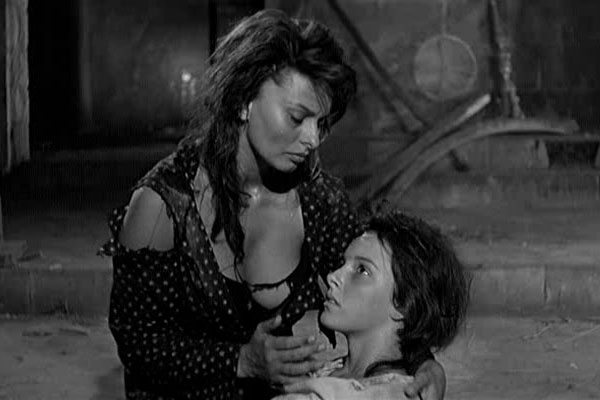
It’s all in those wide open, piercing eyes. Loren walked a similar path as Sally Field, a sweet face that had to prove that she can be a great actress and not only a beauty for the front pages (she definitely didn’t lack that, either). The answer came in the form of De Sica’s neorealist revival. Loren wasn’t a method actress, but her transformation is worthy of admiration.
The viewer believes that she’s lived through all the horrors that were presented to her during the hour and a half of the movie’s runtime. Again, we turn back to her eyes, her definitive selling point, that told us even more than we wanted or hoped for. Such was her power that she even convinced the Academy to give her an Oscar, thus becoming the first to do so in a non-English speaking film.
6. Simone Signoret (“Room at the Top,” 1959, Jack Clayton)
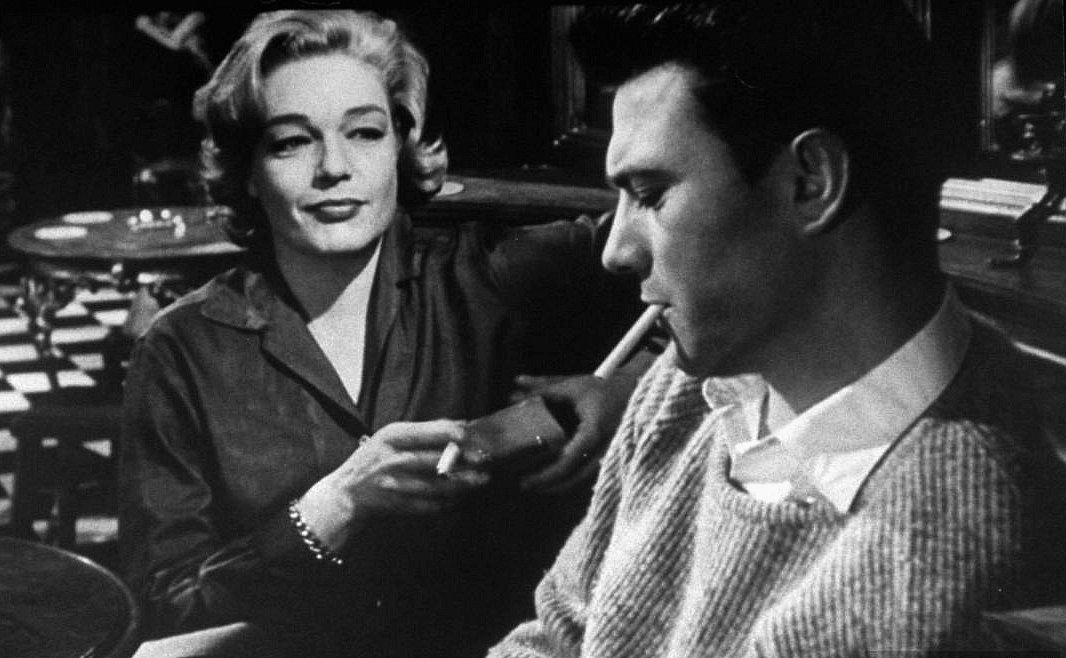
This was a turning point in the allowance of themes in film. Vulgar language, extremely morally gray characters and a more open sexuality, only a small fraction of which was shown in this kitchen sink prototype.
This movie, from today’s point of view, would look dated if it weren’t for the outstanding acting that maintains its status in the pantheon of classics. The leader of great actors is the unbelievable Simone Signoret, far from her homeland (both in fiction and in reality) and maternal language, and yet again up to the important task.
Aside from a wide range of emotions that she needed to showcase, usually with her expressive face, there was a risk of breaking countless taboos. It was a gamble. Watching her work now, it is simply enchanting how all of the above mentioned hardships seem easily done under Signoret’s acting. It was a gamble that paid off exponentially.
5. Irene Jacob (“The Double Life of Veronique,” 1991, Krzysztof Kieslowski)

Magic. Simply said magic. Be it Kieslowski’s sublime usage of a camera or Irene Jacob’s phenomenal acting, this film is from a another world. There is a dual role Jacob plays here and the viewer can just look in awe.
The godlike voice, the sweetly seductive and expressive eyes, and her naturalist approach in both body language and line delivery. It is so otherworldly that the writer is having a hard time converting that into words.
4. Giulietta Masina (“Nights of Cabiria,” 1957, Federico Fellini)
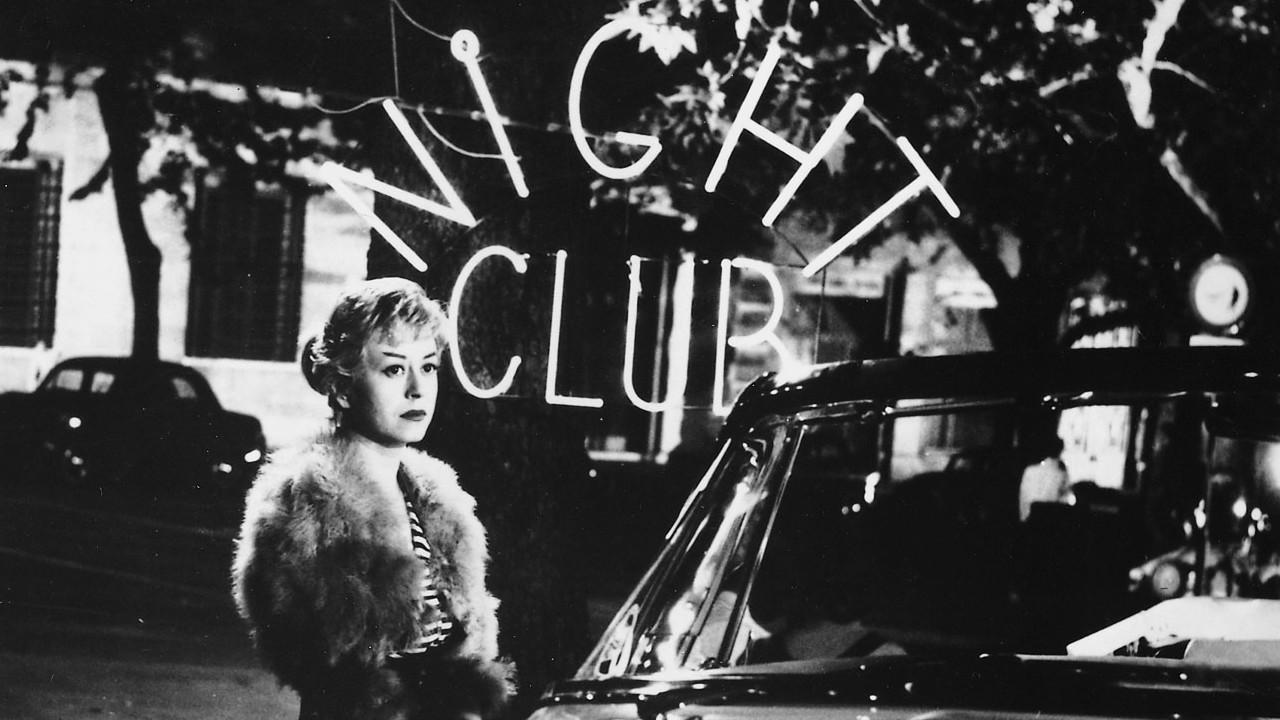
One can point you to the ending scene, or even to the last freeze frame. Cabiria’s crying face with a graceful and humble smile that pierces little by little is enough to sell it as one of the greats.
Giulietta Masina is excellent in her role, conveying the perfect mix of sincerity and wishful thinking, yet still being able to tap into an endless stream of grief when appropriate. Right from the first moment you feel for her, you support her, you cheer for her. That is not easy to do, but than again Masina is not anyone – she is one of the finest ever.
3. Juliette Binoche (“Certified Copy,” 2010, Abbas Kiarostami)
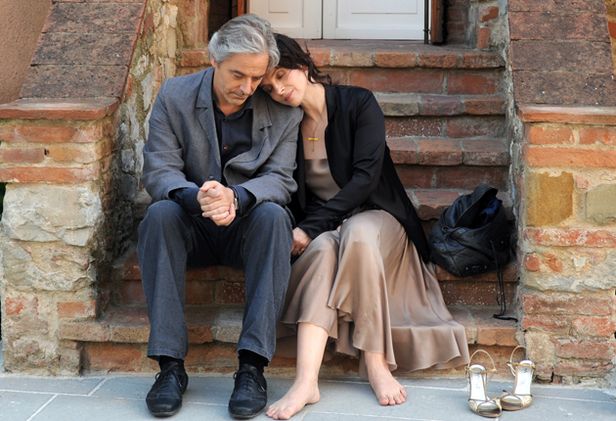
Somewhere in the middle of the movie, during a harsh argument where William Schimell’s James doesn’t notice her new makeup and earrings, Juliette Binoche’s Elle starts to cry. You might notice you are also letting a tear flow down your cheek. That is the power Binoche conveys in this convoluted and meta story that only Kiarostami could make.
Much like Linklater’s “Before” trilogy, many elements are given through dialogues and as time goes by, you find yourself falling more and more in love with Binoche. By the time the end comes, she has you invested, and when all the emotional hardships of the finale hits you, she’s gotten under your skin. You are hers.
2. Isabelle Adjani, (“Possession,” 1981, Andrzej Zulawski)
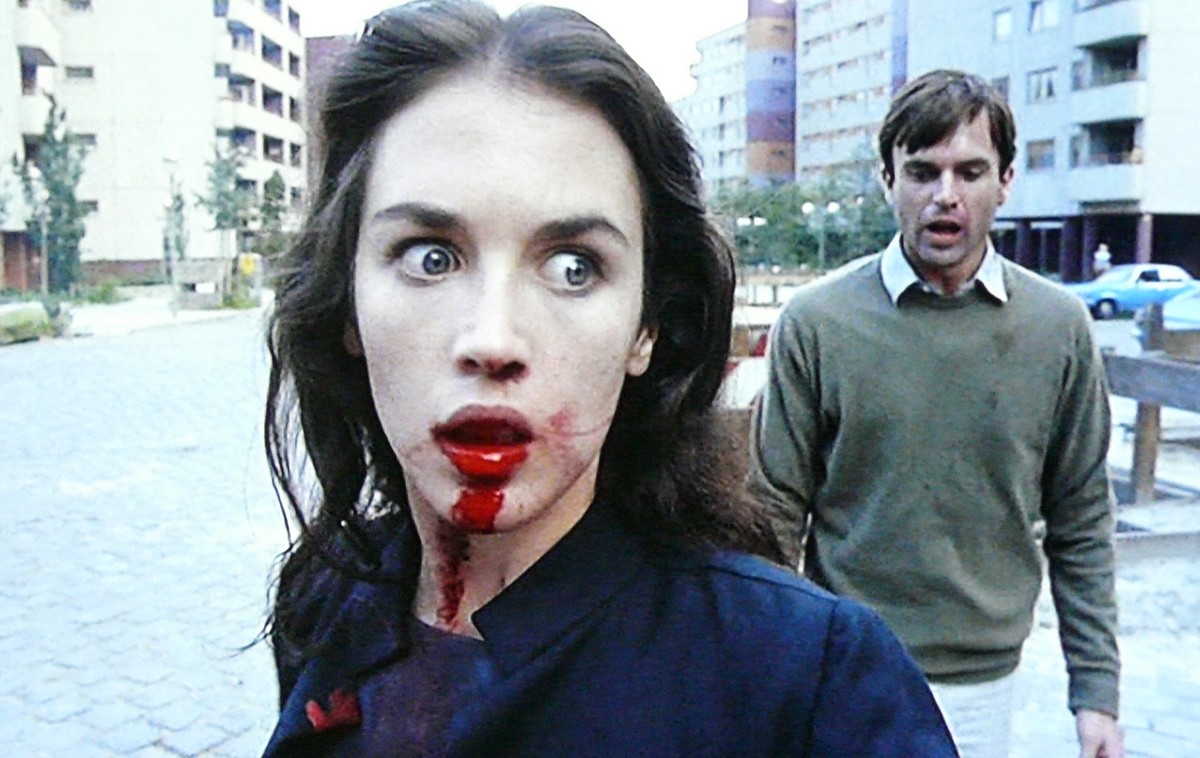
This unorthodox movie is filled with memorable performances, such as Sam Neil’s one-half confused everyman other-half mad sociopath, or Heinz Bennet’s over-the-top lover.
The one who definitely steals the show is Isabelle Adjani. She built her reputation by playing characters that have a mental breakdown and in a film as mad as this, you can expect positive results. She screams her way to the grand finale, where a particular scene in a hallway of a metro, aided by her frantic behaviour, will leave you terrified, confused and deeply traumatized.
The film after that becomes even more wild, as Adjani acts as if it’s all natural to her. You will be scared of her afterwards, but also strangely satisfied by the show she presented.
1. Isabelle Huppert (“The Piano Teacher,” 2001, Michael Haneke)
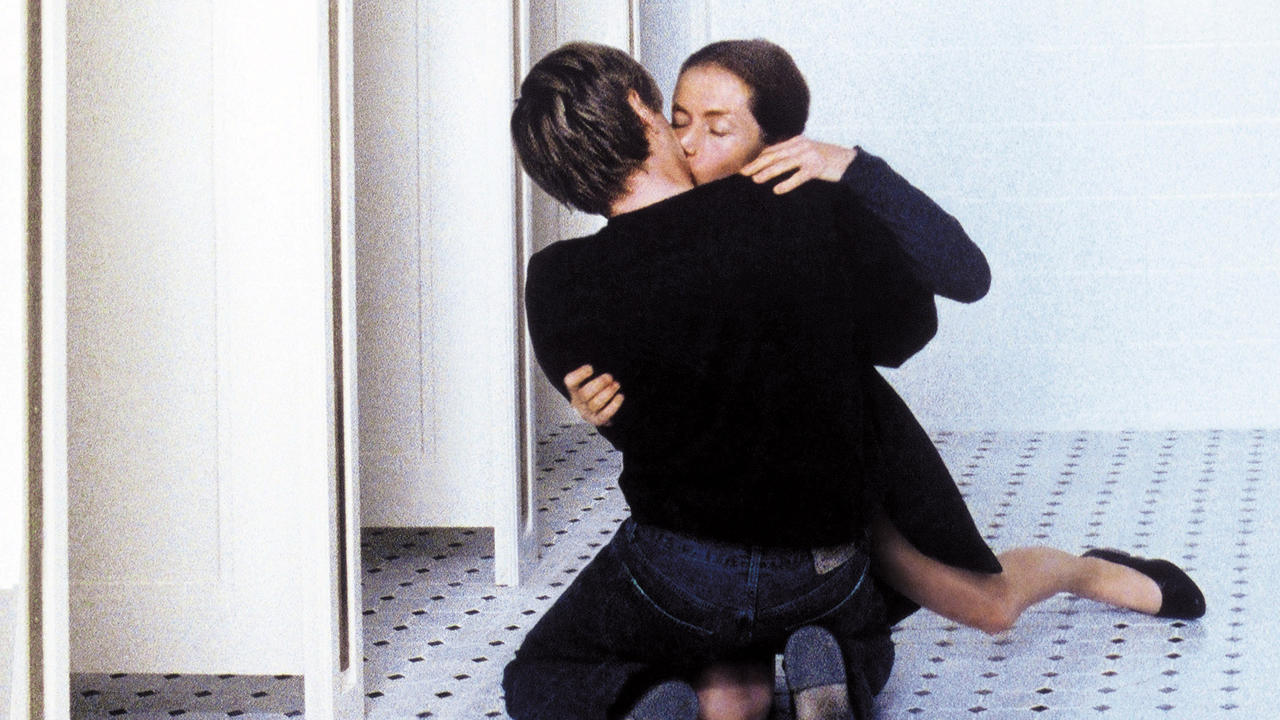
Mrs. Stone-face and the master of unpleasantness. What a great duo. In a film where strangeness, disturbance and all kind of fetishes prevail, it is natural that Huppert showcases her absolute best.
Similar to Katy Outinen, she presents a varied spectrum of emotion without ever doing much and she is able to unsettle enormously with very little effort. Her “dance” with Benoit Magimel’s Walter is as great as it is unnerving, so when horrible things happen, it doesn’t come as a surprise. It is fine, though, as Huppert is at her best in those times. By the end, she will leave you frozen out of your comfort zone and she will be smiling quietly as she tops the list of Cannes’ best actresses.
Honorable Mentions: Valerie Perrine – “Lenny”, Virna Lisi – “Queen Margot”, Jeon Do-yeon – “Secret Sunshine”, Berenice Bejo – “The Past”, Tatyana Samoylova – “The Cranes Are Flying”, Kitty Linn – “Panic In Needle Park”, Ann Bancroft – “The Pumpkin Eater”, Emilie Dequenne – “Rosetta”, Kirsten Dunst – “Melancholia”, Rita Tushingham – “A Taste Of Honey”, Ensemble – “Volver”.